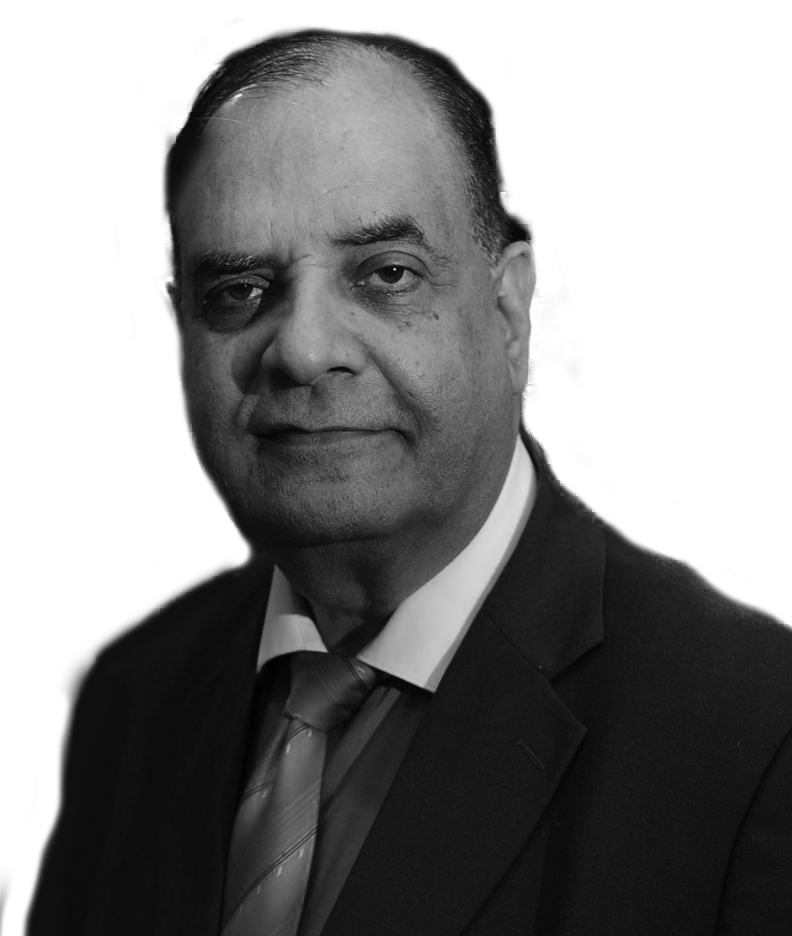Ordinary citizens are asking what Rahul Gandhi and his party are doing to provide relief from the wounds of economic problems.
Gandhian paths are ideal. But not everyone can be Mahatma Gandhi. Vinoba Bhave and Jayaprakash Narayan followed the Gandhian path and made padyatras for Bhoodan. They ensured that poor farmers received millions of acres of land from rich farmers. It was an attempt at a social revolution. For Bhoodan, it was not the goal to remove any government or to form a new government in the march of thousands of kilometres across the country. Rahul Gandhi is claiming that his “padayatra” is not for political and electoral gains. But he is going from place to place and giving speeches on removing the BJP and Prime Minister Narendra Modi and stop the progress of two big capitalists. Due to this, his people in his party or groups angry with the current ruling system can get excited and happy. But ordinary citizens are asking what he or his party are doing to provide relief from the wounds of economic problems. Is he only exaggerating or overstating the problems and increasing people’s pain? While there are non-BJP governments in 17 states of the country, in two or three states, the Congress and its allies themselves rule.
For this journey, 60 truck containers were prepared at a cost of crores. They have modern amenities like air-conditioners and fridges for Rahul. Would anyone have seen or imagined even 10% of such convenience in Gandhi, Vinoba, and JP’s travels, considering that Rahul is estimating a total expenditure of Rupees two crore per day on an average for 3,750 km? This includes the truck container, its fuel, food, and other arrangements. But if there was a Gandhian way, instead of all these frills, wouldn’t the public get some support with relief by giving some necessary facilities to the villagers by taking a simple rest in a village town on the way etc? Gandhi is getting opportunities to interact with people. Walking for five to six hours of rest and discussion and then travelling for four hours can be called a pleasant experience. But the Congress is so old that even the workers of the area can give information about the problems of the people. Like in desi tourism, meeting people, taking photos and activating the party’s own people may have immediate benefits, but what will be the far-reaching benefits?
Poor people can be dazzled to an extent by grandeur. But there is a non-BJP leader, a Chief Minister, who is an example of Gandhian simplicity. Naveen Patnaik, the Chief Minister of Odisha, has been in power for almost 23 years by winning five consecutive elections. He is the son of Biju Patnaik, a popular leader and former Chief Minister of Odisha. Naveen Patnaik lives in his own house instead of the government house. Always wears plain kurta pyjamas. It is surprising to see that the leather cover on his old wooden chair in the office is also a bit torn. He used to use the official Maruti steam car for years, though it was in poor condition when he was old. Even people could feel some discomfort in sitting due to the high height. Finally, once the car stopped during the rain, the authorities proposed taking an SUV to replace it, but Naveen Patnaik gave the approval to take the normal Maruti SX4. In the name of a private car, he still has the Ambassador, whose market price is less than ten thousand rupees. Patnaik travels to different areas and villages throughout the state in his Maruti car, interacts directly with the people, and has maintained the strength of himself and the Biju Janata Dal through continuous development. Not only this, he maintains a working relationship with the central government of the BJP, Prime Minister Narendra Modi and leaders of the opposition. He is also not keen on taking part in any race to become Prime Minister. Therefore, he can be called a leader who serves the public in the real Gandhian way.
As far as the relationship between political parties and capitalists is concerned, Rahul Gandhi is following the formula of the seventies. Whether in power or in opposition, the public also understands such allegations. In response to Jai Prakash Narayan’s movement started in Bihar, Prime Minister Indira Gandhi herself said in a meeting that “those who take money from rich people have no right to talk about corruption”. Indirectly, it was an attack on JP and Ramnath Goenka’s relations and their cooperation. Then JP had written an article in Everyman’s newspaper, saying that as a social worker he had no source of income; how could he work without the support of resourceful friends? Today, people are raising the point that the capitalists will have a greater share in the expenses of Rahul Gandhi’s padyatra, or party. Similarly, Rahul keeps on accusing Ambani-Adani of giving contracts, land, and benefits by the Modi government, but the Congress governments in Rajasthan and Chhattisgarh are giving contracts, concessional land facilities to invest capital from the companies of these capitalists.
The truth is that the empires of such capitalists and companies grew only during the Congress rule of Rajiv Gandhi, Narasimha Rao, and Manmohan Singh. Earlier, communist and labour organisations used to shout slogans on the progress of Birlas and Tatas and government support for them. How can society and a country progress without capital and industry, trade, road power, airports, and communication technology? More employment will be available from the private sector than from the government.
Which country in the world is running from government jobs? Any limit on politics, power, and opposition should be decided by the politicians themselves. Due to the toxic environment, instead of creating awareness in society, hatred and anarchy will arise, whose far-reaching consequences can prove to be fatal for everyone.
The author is editorial director of ITV Network India News and Dainik Aaj Samaj.

